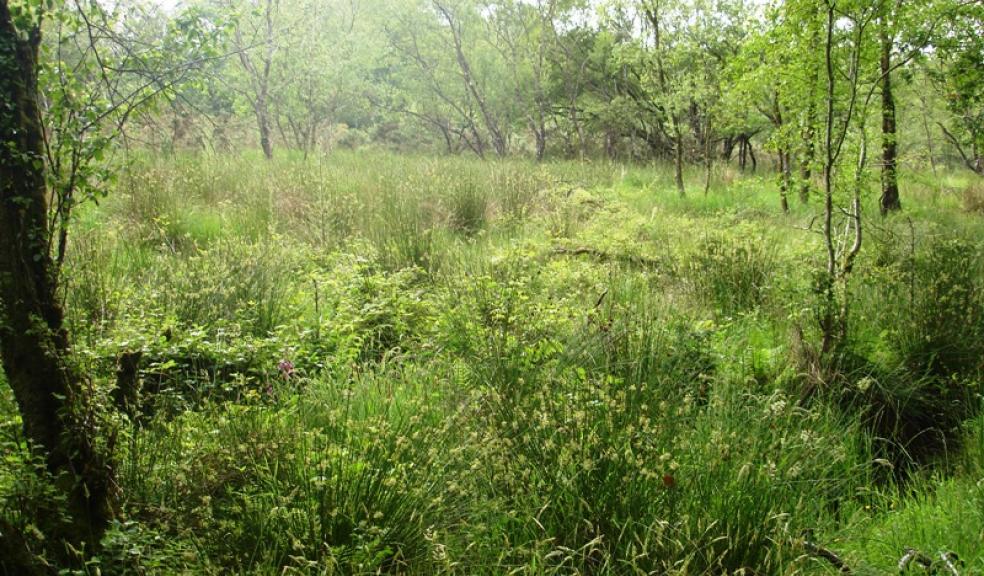
Conference to discuss future of wetland farming
A farming and conservation conference being held at The Falcon Hotel in Bude is set to draw delegates from across the UK and France.
The Devon Wildlife Trust is hosting the fifth Value of Working Wetlands conference between Tuesday 7 and 10 October. The conference, which showcases the charity’s Working Wetlands project, focuses on farming in wetland environments.
Working Wetlands has been operating in north west Devon since 2008. Funded by Interreg, the project works with local farmers to restore wetland farm habitats including the Culm grassland for which the area is renowned.
The four-day conference which involves field-visits visit to nearby farmland aims to share the experiences of those helping farmers working in wetland environments. In the past wetlands – bogs, damp grasslands, wet woodland, marshes – have often been seen as marginal land and either neglected or brought into mainstream agricultural production through drainage. In recent years more work has been done to protect them as their importance as wildlife havens and as stores for water and carbon have been better understood.
Devon Wildlife Trust’s Mark Elliott said: ‘The conferences is an opportunity for people across Europe who are working on this issue to come together, to share experiences, to identify solutions to common problems, and to compare different approaches.’
The conference will give Mark and the rest of the Working Wetlands team a chance to present the results of their recent work investigating how land-use has changed over the last few decades. Mark said: ‘Earlier this year we surveyed 130 local farmers and the results made very interesting reading. In one area, the Tamar headwaters, we know the area of Culm grassland dropped from 22% in 1947 right down to 4% in 1984. It has since come back up gradually and now stands at around 9%. The survey has helped understand some of the issues that underpin these changes.’
The survey underlined the part played by farm diversification in holding on to wetland habitats. Mark explained: ‘Among those landowners that own important wet grassland habitats and meadows, diversification of their business and access to agri-environment schemes have been significant reasons for retaining and restoring these habitats. Over half of these smaller farmers had diversified in some way, with many now running tourism related enterprises such as holiday cottages and “glamping” businesses.’
Mark continued: ‘It’s just one finding that we want to use this conference to share. We are also expecting colleagues doing similar work across the UK and in mainland Europe to share their insights with us.’
The conference field visit will take delegates to Dunsdon Farm, near Holsworthy, where Devon Wildlife Trust has helped a local farmer restore valuable species rich meadows. Paul Stenning, the owner of the farm will take delegates on a tour around his restored wildflower meadows and the recently installed camping pods occupied by ‘glampers’ for much of the year. He will talk of the potential of wildlife as a pull to visitors.
The international nature of the conference means that it will draw delegates from both sides of The Channel. Participating organisations include Devon Wildlife Trust, Somerset County Council, Somerset Wildlife Trust, RSPB, Farming and Wildlife Advisory Group (FWAG), Parc Naturel Regional des Marais du Contentin et du Bessin, Institition d'amenagement de la Vilaine, Syndicat Mixte Baide de Somme, Chambre d'agriculture de la Somme and Universite de Caen Basse Normandie.













